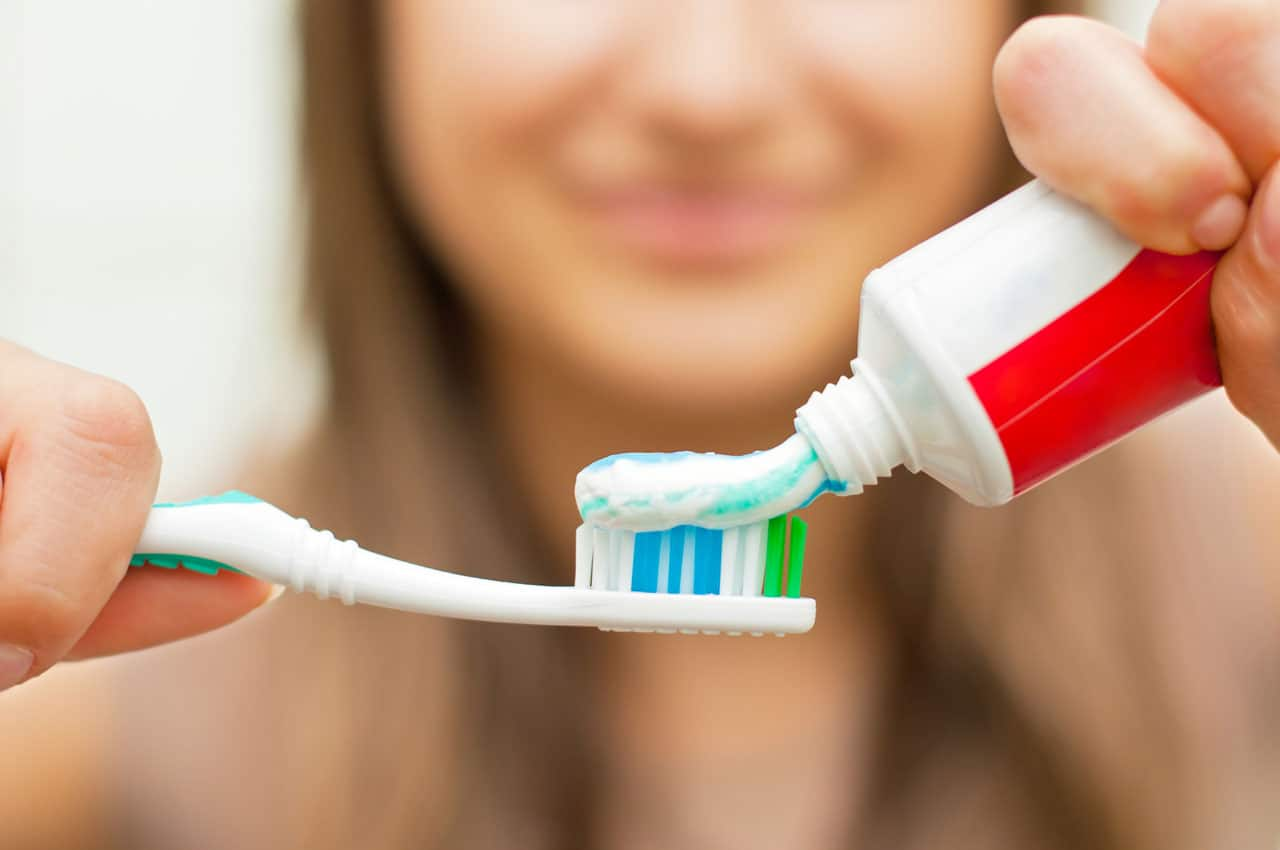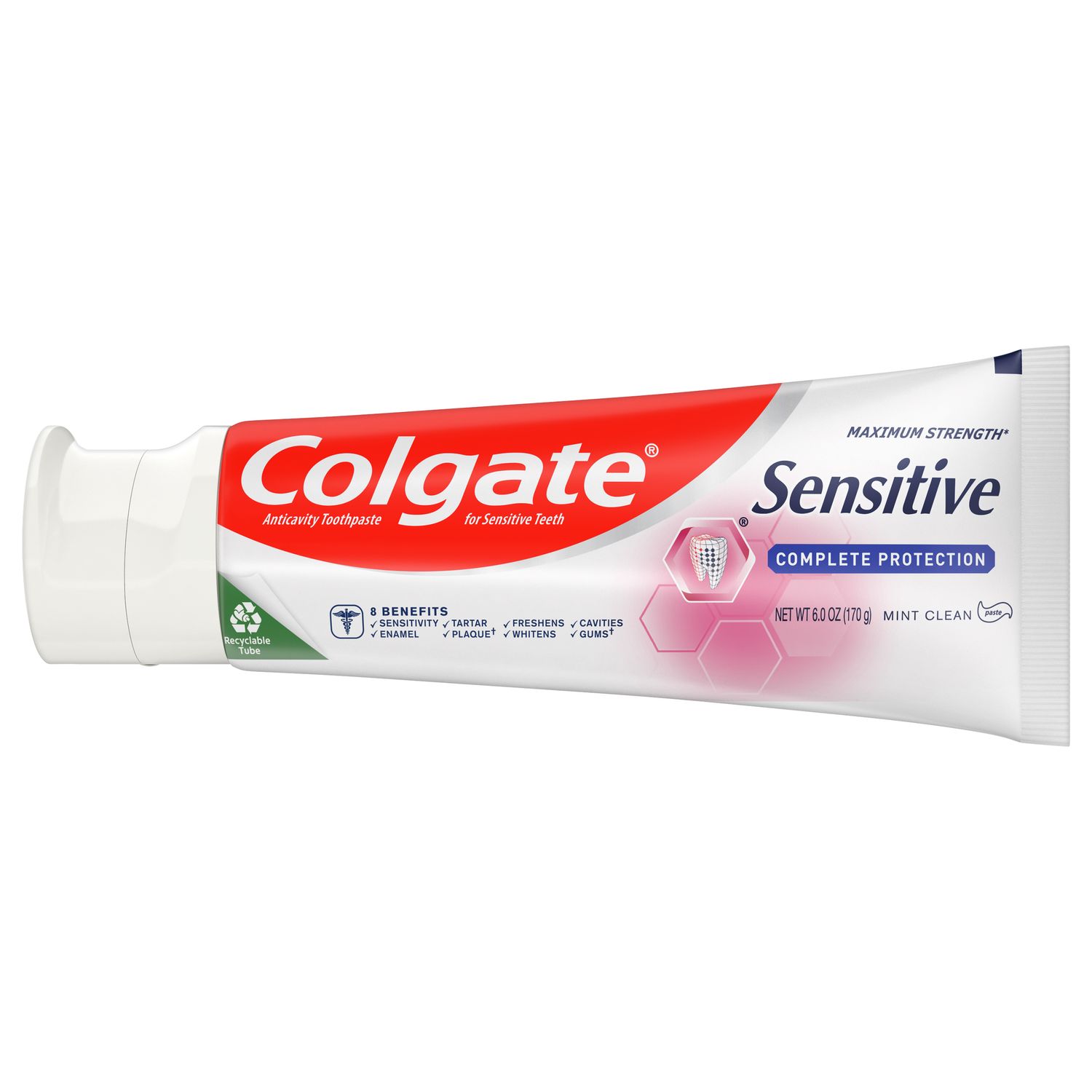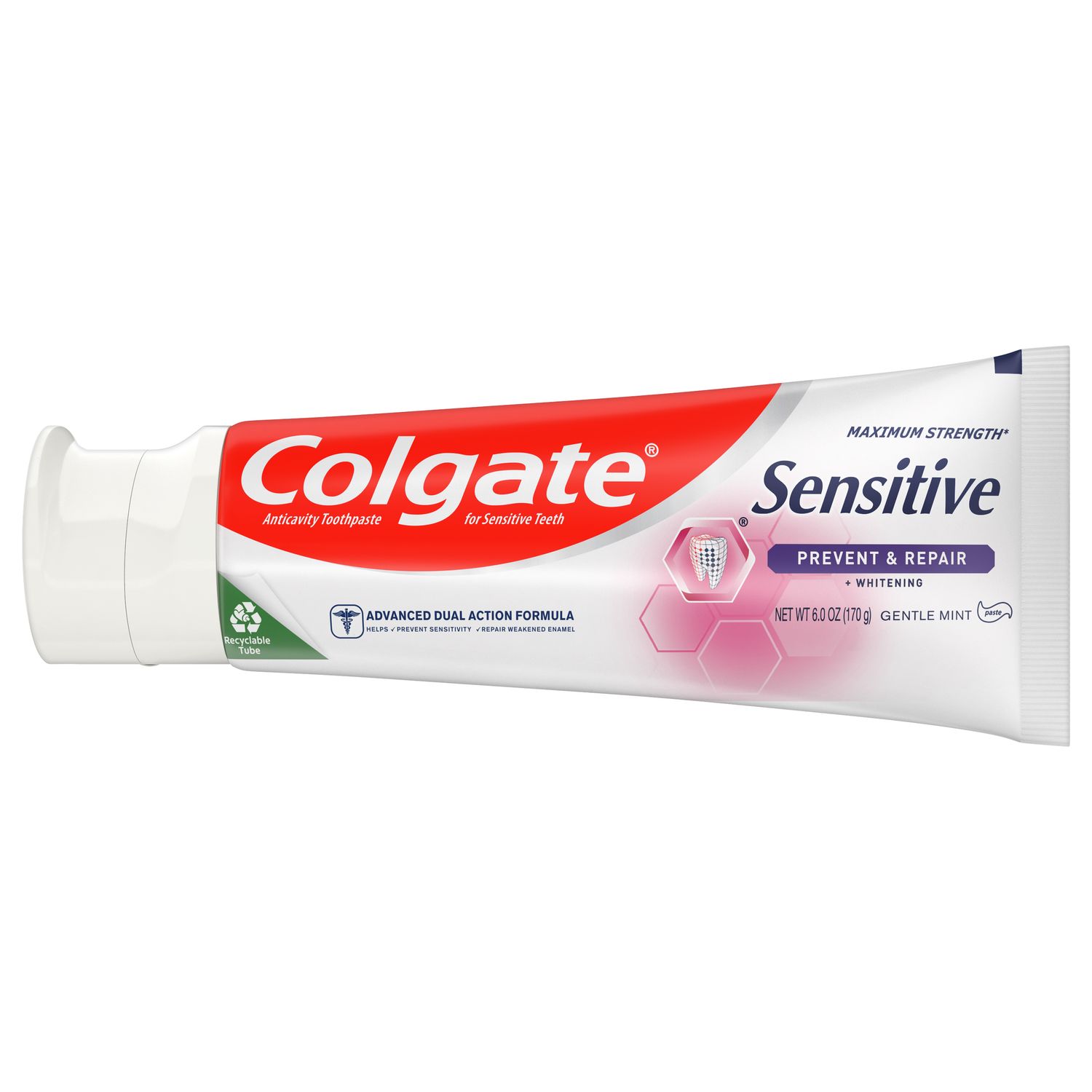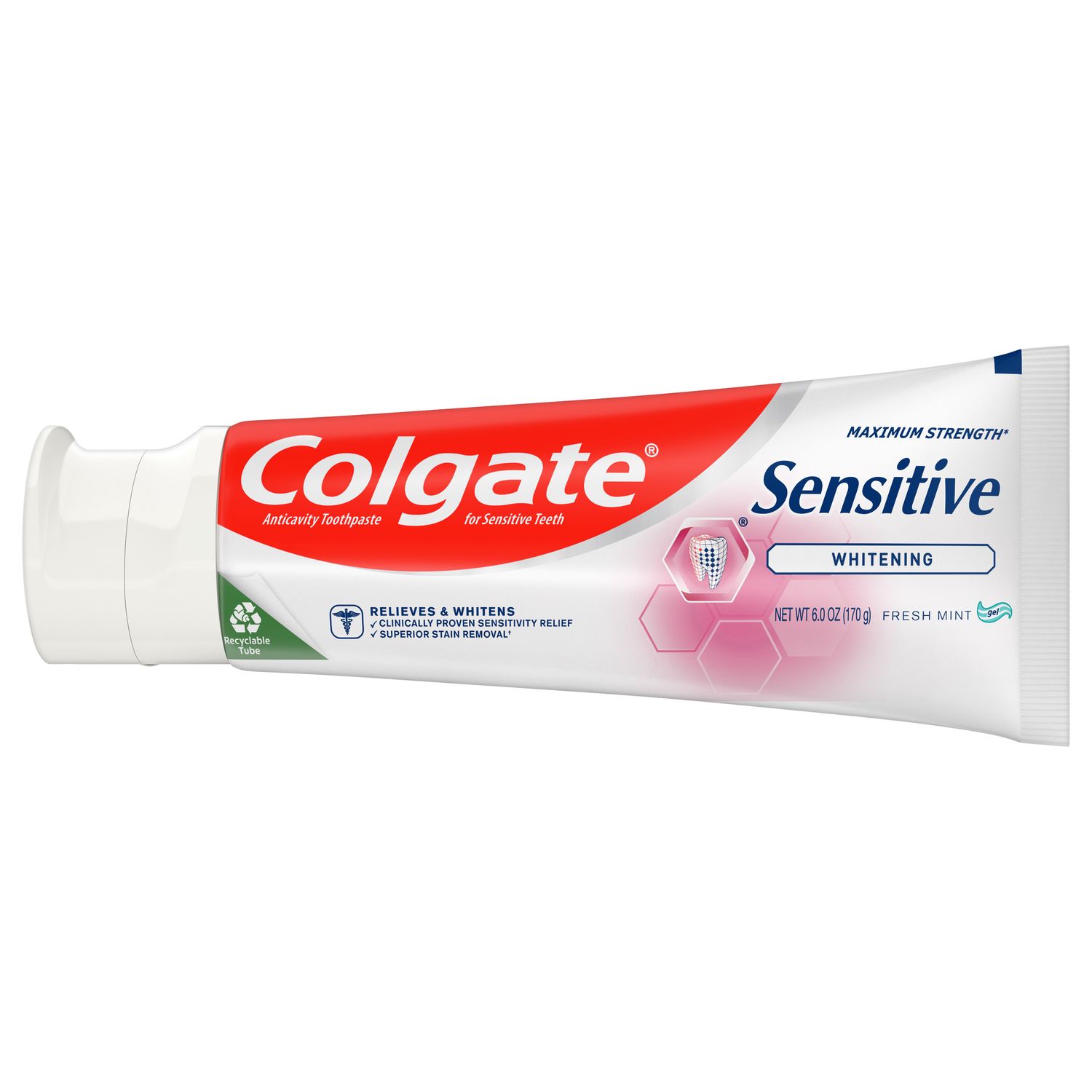What Is Tooth Sensitivity?
Tooth sensitivity refers to the discomfort you may experience when your teeth react negatively to certain stimuli, such as hot and cold temperatures. Like when you bite into a frozen treat and experience a sharp pang or ache in your tooth. This ache or sensitivity can also occur when you eat something sweet or spicy. If you have tooth decay or if you weaken your enamel temporarily with a whitening treatment, it can also lead to tooth sensitivity.
What Causes Tooth Sensitivity?
According to the American Dental Association (ADA), your teeth above your gumline are covered with a layer of protective enamel. This enamel protects the dentin, a layer that is softer than enamel. It contains microscopic tubules that are connected to the nerves of the tooth. When enamel or cementum wears away or becomes damaged, it exposes the dentin. The dentin is responsible for all sensations in your teeth, including pain. When your gums recede and expose the dentin, the tubules allow fluid to flow in them. This makes them sensitive to hot and cold and causes pain.
What causes sensitive teeth? Anything that contributes to enamel wear and dentin exposure. Some of the most common causes include:
Improper or Insufficient Oral Hygiene
If you don’t brush often enough it can lead to tooth decay and wear away your protective tooth enamel. If you brush too aggressively it can also wear away tooth enamel and irritate your gums. Both are sensitive teeth causes. Use a soft-bristled toothbrush and brush twice a day with fluoride toothpaste. Fluoride restores minerals in teeth and can help rebuild enamel in the initial stages of decay.
Tooth Decay
If you don’t practice proper oral hygiene or eat a diet that’s high in sugar it can lead to tooth decay. Decay starts by weakening the enamel. This can be reversed by restoring minerals with fluoride. If decay continues it will become a cavity. If it’s not filled the decay will go deeper into the tooth and affect the dentin and the roots of the tooth causing teeth sensitivity.
Diet
Consuming acidic foods and beverages such as those that are high in sugar leads to enamel wear that can cause sensitive teeth. Bacteria feed on sugar and leave acids as a byproduct. These acids stay on your teeth and erode the enamel.
Gum Recession
When your gums recede it leaves your root surface exposed which can cause teeth sensitivity. This can be caused by aggressive brushing or gum disease. Other contributors include aging, hormonal changes, disease and smoking.
Teeth Grinding
Grinding your teeth at night can wear away your enamel and expose the dentin and is a sensitive teeth cause.
Post Dental Treatment
Sensitivity is common but temporary, after dental treatment especially with crowns, fillings, and tooth bleaching. These are sensitive teeth causes which usually resolve after a day or two.
Sensitive Teeth and Age
Sensitive teeth may occur at any age. However, research reported in the Journal of Conservative Dentistry suggests adults ages 20 to 50 are most likely to report sensitive teeth with the peak reports of dentin hypersensitivity with patients between 30 to 40 years of age. Although the exact reason for this is unknown, it may be related to the fact that the physical structure of the tooth changes with age. However, older individuals are more likely to have receding gums, one of the causes of sensitive teeth. Sometimes the main issue is wear and tear on the tooth enamel, which occurs over time.
How Do You Treat Tooth Sensitivity?
In-Office Treatment
Because a more complex dental problem frequently causes extremely sensitive teeth, it's important to see a dentist and have the issue treated directly. They may suggest fluoride gel or treatments to rebuild your enamel or a sealant to block sensitivity. More complex solutions may involve a crown, inlay, or bonding, depending on the severity of the problem. If you have gum disease that has progressed to a chronic or advanced stage, you'll need to treat this as well. Your dentist can help make a treatment plan.
If you have lost gum tissue from the root, your dentist may recommend a surgical gum graft to cover the roots so they're protected again. If you have persistent and severe sensitivity, your dentist will take an x-ray to determine if a root canal could be the right solution, which, according to the American Association of Endodontists (AAE), removes the nerve entirely.
At-Home Treatment
If your tooth sensitivity is less severe, you can treat it with a few simple at-home tactics. You might be able to find some relief from a desensitizing toothpaste that helps protect the tooth surface. Your dentist might also recommend a fluoride gel treatment, strengthening your current tooth enamel, decreasing the sensations sent to the nerve.
The best treatment for tooth sensitivity, though, is prevention. Once your tooth enamel is worn down, you can't get it back. Proper toothbrushing and flossing techniques can prevent sensitive teeth. It will promote healthy teeth and gums regardless of how sensitive your teeth are. Be careful not to brush your teeth too hard, as that can wear down the tooth enamel over time. Try using a soft-bristled toothbrush and a desensitizing toothpaste to help protect your enamel.
At your next appointment, talk to your dentist if you are experiencing tooth sensitivity. He or she can provide the correct diagnosis and recommend treatment options to get your smile back on track.
This article is intended to promote understanding of and knowledge about general oral health topics. It is not intended to be a substitute for professional advice, diagnosis or treatment. Always seek the advice of your dentist or other qualified healthcare provider with any questions you may have regarding a medical condition or treatment.
ORAL HEALTH QUIZ
What's behind your smile?
Take our Oral Health assessment to get the most from your oral care routine
ORAL HEALTH QUIZ
What's behind your smile?
Take our Oral Health assessment to get the most from your oral care routine














